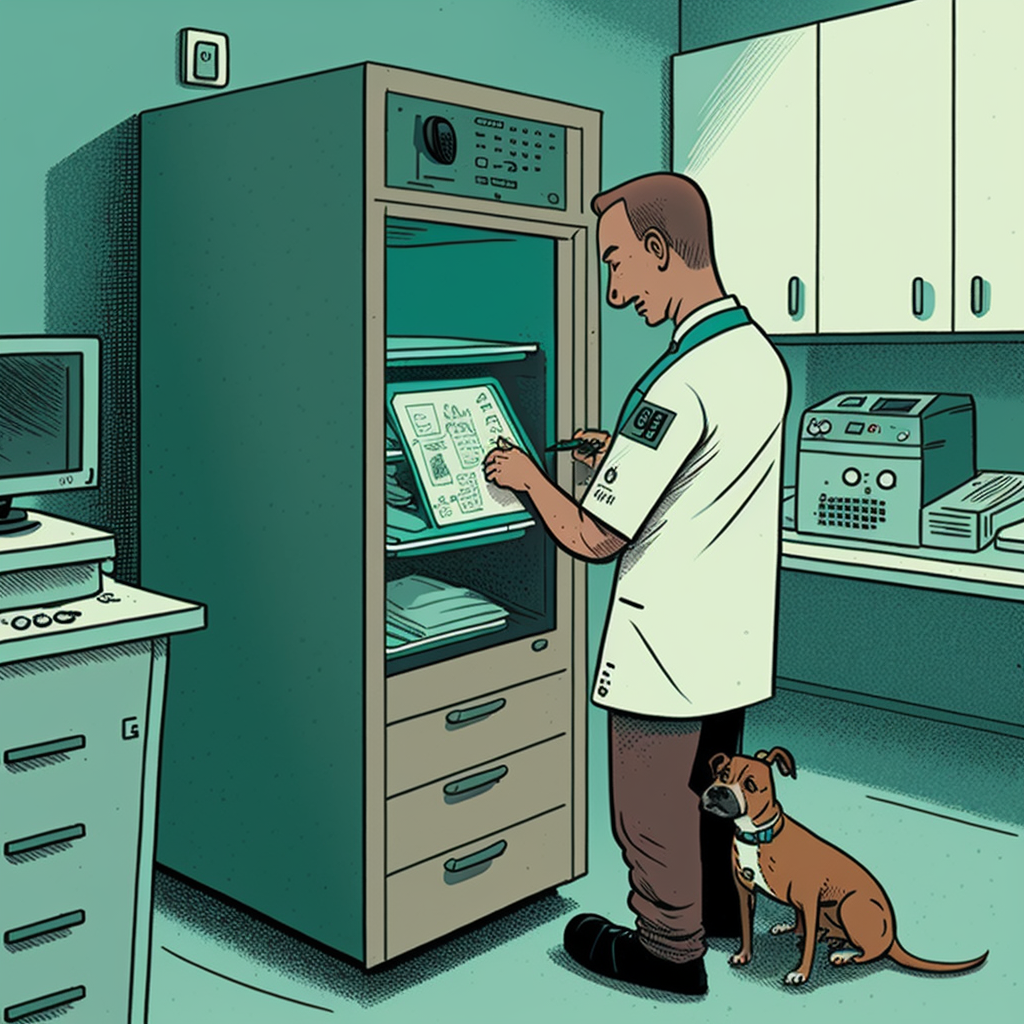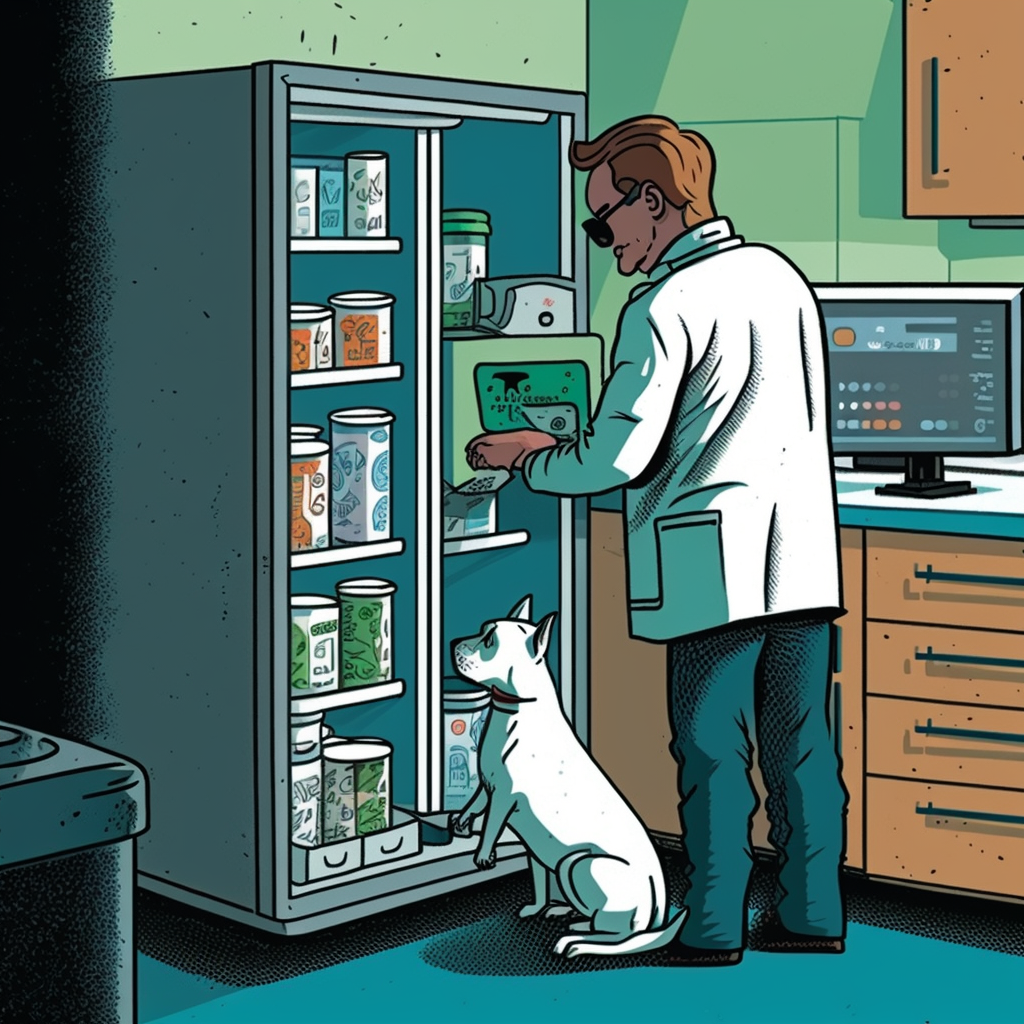
The Importance of Accurate Controlled Substance Record-Keeping in Veterinary Practices
Accurate record-keeping of controlled substances is crucial for veterinary practices. It ensures compliance with regulations, prevents diversion, and maintains a safe working environment. This blog will delve into the importance of accurate record-keeping and provide practical tips for veterinary practices.
Why it Matters
– Compliance with regulations: Adhering to federal and state regulations, such as the Drug Enforcement Administration (DEA) requirements, is mandatory for veterinary practices. Accurate record-keeping ensures that your practice maintains compliance and avoids potential fines or penalties.
– Preventing diversion: Keeping accurate records of controlled substances helps track their usage and prevent unauthorized access, theft, or misuse. This ensures that medications are only used for their intended purposes and reduces the risk of diversion.
– Maintaining a safe working environment: Accurate record-keeping promotes a safe and secure environment for your staff and patients. It allows you to monitor and manage controlled substances effectively, reducing the risk of accidents or incidents related to medication handling.
– Enhancing operational efficiency: Well-maintained records enable your practice to monitor inventory levels, identify trends, and make data-driven decisions. This can help optimize your inventory management processes and improve overall efficiency.
Tips for Accurate Record-Keeping:
- Establish clear procedures: Develop and implement standard operating procedures for handling, storing, and tracking controlled substances in your practice.
- Train your staff: Ensure that all employees who handle controlled substances receive proper training on record-keeping and understand their responsibilities.
- Use technology: Invest in a robust inventory management system, like CUBEX, that can track controlled substances, automate record-keeping, and streamline your practice’s operations.
- Regular audits: Conduct periodic audits to verify the accuracy of your records and identify potential discrepancies or issues.
- Stay up to date with regulations: Keep informed about changes in regulations and industry best practices to ensure your record-keeping processes remain compliant.
Conclusion
Accurate record-keeping of controlled substances is vital for veterinary practices. It promotes regulatory compliance, prevents diversion, and contributes to a safer working environment. By implementing best practices and leveraging technology, your practice can optimize inventory management and enhance overall efficiency.
